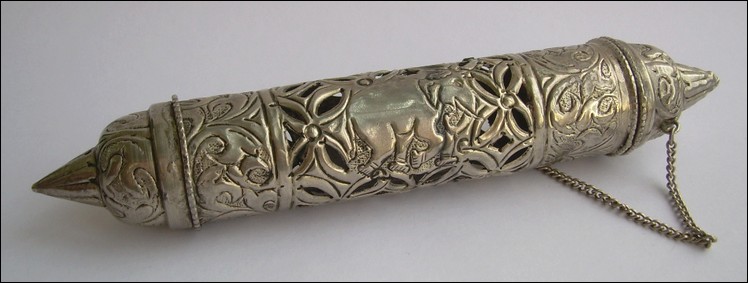FWP:
SETS
SPEAKING: {14,4}
WRITING: {7,3}
The central word is obviously kalām , which is positioned with fine flair right in the middle of the first line, and resonates with kahyo in the second line. (The way kalām is so precisely echoed by salām is also an enjoyable sound effect.) The speaker speaks to his friend-- in order to make the friend himself a speaker-- an oral messenger to the (written-letter-bearing) Messenger.
In a verse about trust and untrustworthiness, about written letters and oral messages, about complaints and greetings, every meaning and overtone of kalām (see the definition above) works beautifully, and enhances our enjoyment of the verse. In particular, kisī se kalām karnā can mean either 'to hold discourse with someone', or 'to have an objection, etc., against someone'. Thus on the first reading, the first phrase becomes something like 'I have nothing to say to you' (because my message is only for the Messenger); on the second reading, it becomes 'I have no quarrel with you' (but I do have one with the Messenger). In either case, the tone of voice (friendly? hostile? neutral? wryly amused?) will provide a further range of interpretive suggestions.
It's thus very markedly a verse of implication, and we're fortunate to have Ghalib himself explain (with unusual elaborateness and care) what he means to imply. In his explication of what he calls 'this theme', Ghalib refers first to 'the poet', then later to 'the lover', in a way that completely identifies them with each other. His third-person references also make it entirely clear that neither one of these abstract personages is to be identified with himself.
Ghalib does not explain his prominent wordplay with kalām
. Why not? My theory: because his correspondent is not a leading light of
literary subtlety, and has been having (the usual?) trouble getting any sense
out of the verse (or out of several others, including the not-so-difficult
{115,6}). Ghalib good-naturedly gives him
the 'meaning' that he's asked for, but doesn't feel obliged to provide an
exhaustive discussion. In only one ({62,9}) of the four verses explained in that letter
does he discuss the wordplay; and
that one is so simple there's not much else to discuss.

Ghalib:
[1864, to Junun:] This theme requires some introduction. That is, the poet needed a Messenger. But he feared that the Messenger might fall in love with the beloved. One friend of this lover's brought a person, and told the lover, 'This man is steadfast and highly trustworthy; I vouch for him, that he won’t play such a trick'. Well, a letter was sent through his hand. As fate would have it, the lover’s suspicion proved true. The messenger, seeing the addressee, became distracted and crazed with love. What letter-- what answer?! He went mad, tore his clothing, set out for the wilderness. Now the lover, after this event has happened, says to his friend, 'God knows the hidden; what does anyone know about what’s inside anyone else? Oh my friend, there's nothing said against you. But if you see the Messenger anywhere, then give him my greetings: "Well, sir, after making such a number of claims of not becoming a lover, you became one; and indeed, what was the result?".' (Arshi 312)
==Urdu text: Khaliq Anjum vol. 4, p. 1514
==another trans.: Russell and Islam, p. 302
==another trans.: Daud Rahbar, p. 269